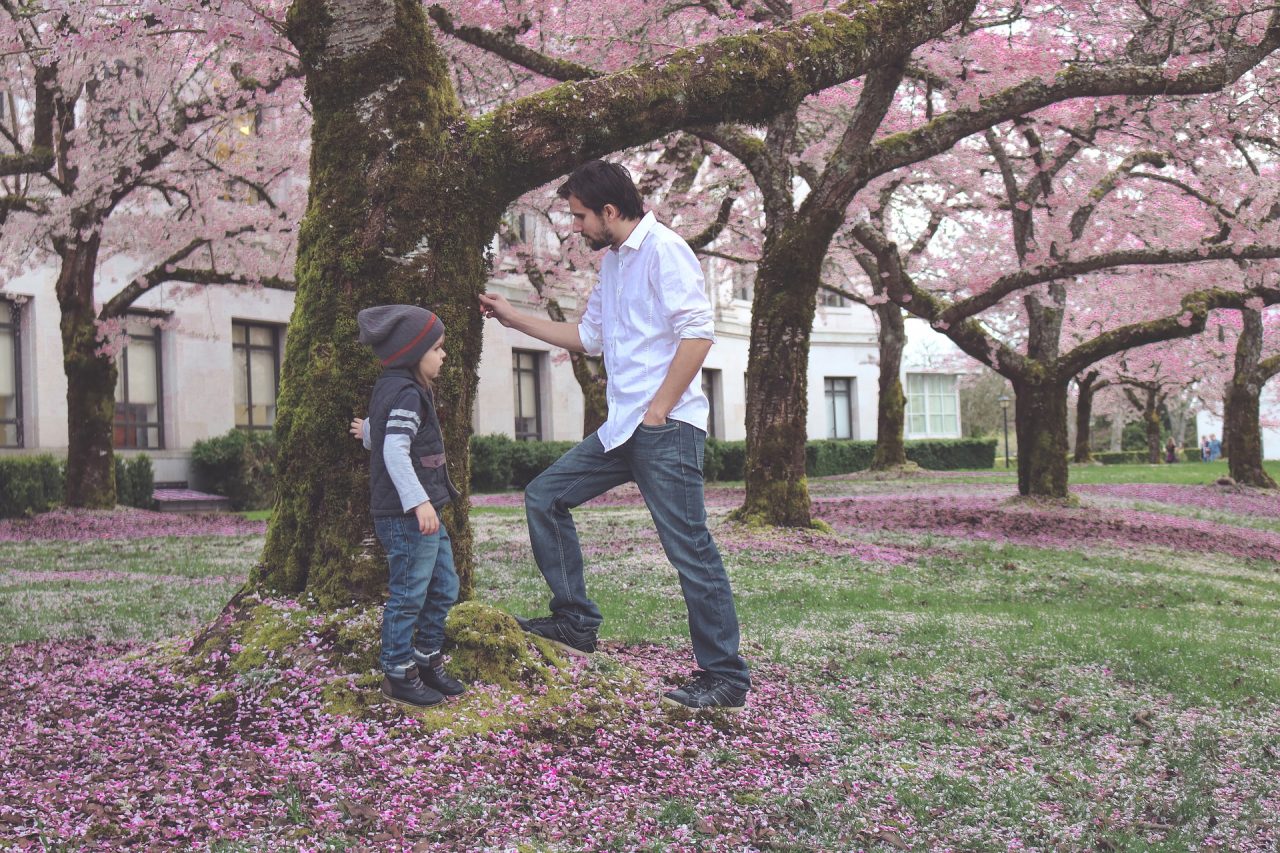Fegans works with hundreds of children in our therapy rooms every week.
The key thing our therapists do with these incredibly vulnerable children is to listen. Listen, absorb, be interested and really engage. So that the child feels heard. And because the child feels heard, they feel valued. And because they feel valued, they begin to feel….OK.
What has this to do with the Victorian era?

One of the key parenting mantras of the Victorian era was that children should be seen and not heard. In other words, rather like a piece of porcelain on a shelf, they should be observed and even admired… but not engaged with.
Over the years we rightly rejected this culture. We learnt to value our children, play with them, engage with them and listen to them. As a Victorian reformer charity, Fegans placed children in the centre of family, and when necessary took them in our orphanages.
But as a nation, are we unwittingly going back to an era that took so much reform to move away from?
Today at Fegans we find ourselves in the incredible position of chief listener to hundreds of children every week.
For very different reasons, we are facing underlying issues of children being seen but not heard. It is a common sight to see a child absorbed in their phones for hours but does this mean we have gone backwards 150 years to a time when we can see our children… but not hear them? Are we really spending enough time engaging with our children?
We know that families are busy, that parents are working hard and doing the very best they can. We know that technology can be a resource and tool that benefits the whole family – for education, for information, for entertainment. So we don’t want to join in with the relentlessly judgmental chorus of voice that tell you to whip the tablet from the hands of your children. That said, we also know the benefits, to both parent and child, of connection.
So, rather than reducing tech time, how about a family commitment to increasing connection time? A family date, once a week, for a board game? A special ten minutes, ever day, with your child – both of you off screens, both of you together. How about a family walk, to blow off the cobwebs (phones left in the home/car?). Or an older child might love going for a coffee date once a week.
Family life is about balance, and navigating changes together – collaboration, listening, relationship. Whilst accepting the role of technology in our lives, we can also have a bit of a critical think about how we want to interact with our children. How about a family agreement, on how long is too long on our screens (for all members of the family, parents included) and what the family agrees together. If all voices are included in the conversation, there is a much greater chance in adhering to the new guidelines, rather than them rebelling against rules that have been enforced around them.
So whilst you’re trying to control screen time, with all the very best intentions, make sure to look at the calendar together and check there are pockets of listening time available. As with so many issues, the solution is connection.
Fegans has championed childhood since 1870, and continues today, by placing children at the centre of their families and making sure every child is heard.

